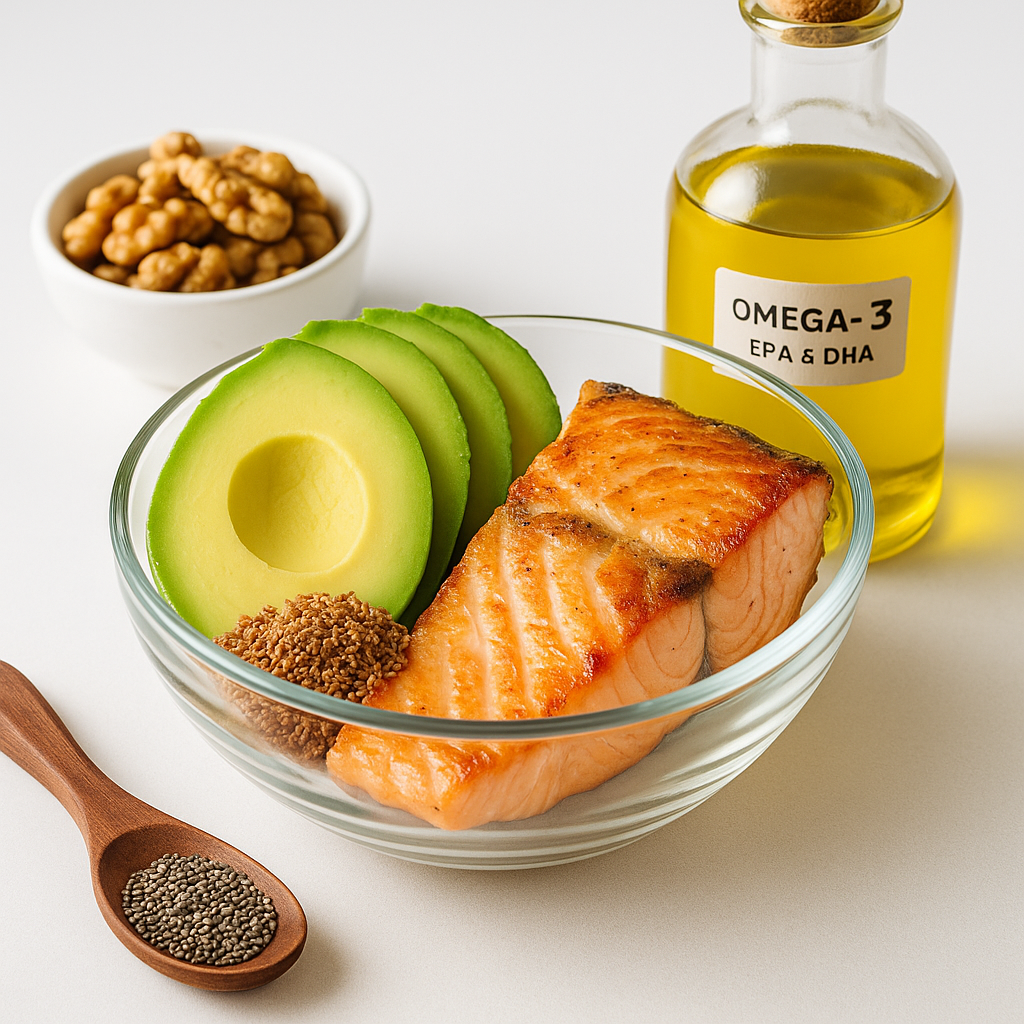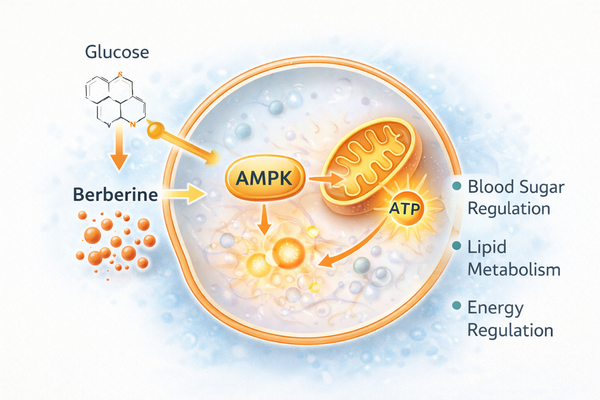The Power of Omega-3: Why Your Heart and Brain Depend on It

In the world of nutrition, few nutrients are as universally praised as Omega-3 fatty acids. These essential fats—mainly found in fatty fish, chia seeds, flaxseeds, and walnuts—play a critical role in keeping your heart, brain, and overall health at their best. Yet, most people don’t get nearly enough of them.
🧠 What Exactly Are Omega-3s?
Omega-3s are a type of polyunsaturated fat your body can’t produce on its own. The three main types are:
- ALA (Alpha-linolenic acid): Found in plant foods like chia seeds and flaxseeds.
- EPA (Eicosapentaenoic acid): Found in fish and algae.
- DHA (Docosahexaenoic acid): Essential for brain and eye health.
ALA can be converted into EPA and DHA—but only in small amounts, which is why dietary intake is essential.
❤️ Heart Health Benefits
Studies have consistently shown that Omega-3s can:
- Reduce triglycerides — lowering your risk of heart disease.
- Lower blood pressure naturally.
- Prevent plaque buildup in arteries.
- Reduce inflammation, one of the key causes of chronic cardiovascular problems.
In fact, research from the American Heart Association found that consuming fish rich in Omega-3s twice a week can cut heart disease risk by up to 30%.
🧩 Brain and Mental Well-being
Your brain is nearly 60% fat, and DHA is one of its most important building blocks. Low levels of Omega-3s are linked to mood disorders, memory decline, and even Alzheimer’s disease.
Supplementation or regular intake can:
- Improve focus and memory retention
- Support emotional stability
- Help manage anxiety and depression symptoms
👁️ Eye and Skin Health
DHA is also a major component of the retina. Deficiency can cause blurred vision and dry eyes.
Meanwhile, Omega-3s strengthen the skin barrier, helping your body retain moisture and protect against environmental stressors.
🥗 Best Omega-3 Food Sources
Include these foods regularly in your diet:
- Salmon, mackerel, sardines, and tuna (wild-caught preferred)
- Chia seeds, flaxseeds, and walnuts
- Algae oil supplements (great for vegans)
For optimal absorption, combine Omega-3 foods with antioxidant-rich vegetables like spinach, kale, or bell peppers.
⚖️ Omega-3 vs. Omega-6: Finding Balance
Modern diets are often overloaded with Omega-6 fats (from vegetable oils and processed foods), which compete with Omega-3s in the body.
Experts recommend maintaining a 1:3 ratio of Omega-3 to Omega-6 for ideal inflammation control and heart protection.
🧬 What Research Says
- Harvard Health (2024): Omega-3s improve heart rate variability and reduce the risk of sudden cardiac death.
- NIH Review: Regular Omega-3 intake supports brain plasticity and slows cognitive aging.
- Mayo Clinic Studies: Individuals with higher blood Omega-3 levels live up to 5 years longer on average.
🔍 SEO-Optimized Key Phrases
- omega-3 for heart health
- omega-3 and brain function
- best omega-3 food sources
- EPA and DHA benefits
- plant-based omega-3
These terms currently show rising Google search volume, especially for “omega-3 for brain health” and “omega-3 supplements benefits.”
🌿 Final Thoughts
Whether you eat salmon twice a week or sprinkle chia seeds on your morning yogurt, consistent Omega-3 intake can transform your long-term health.
It’s not a trend — it’s a science-backed foundation for vitality, clarity, and longevity.



